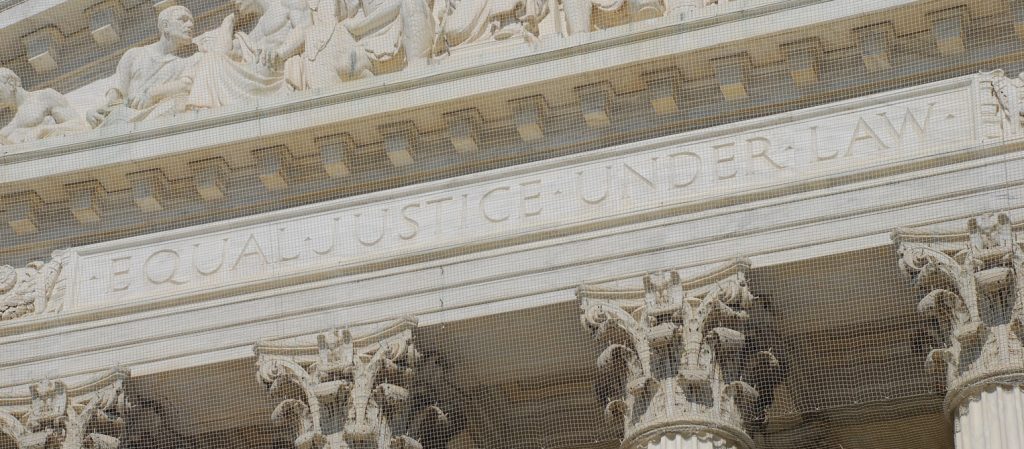
Defendants in Tampa federal criminal cases that have pleaded guilty or been found guilty at trial have a right to appeal the decisions of the federal district court judge that handled their case. For example, defendants generally can appeal decisions that a Tampa federal district court judge made before their trial, during their trial, and at their sentencing hearing.
When a defendant in a Tampa federal criminal case files an appeal, federal appellate judges from the Eleventh Circuit Court of Appeals, which is based in Atlanta, Georgia, decide the appeal. If the appellate court finds that the Tampa district court judge made a mistake during the course of the case, it can order the district court judge to conduct a new new trial or sentencing hearing that may result in a more favorable result for the defendant.
How Does the Tampa Federal Appellate Process Begin?
The Tampa federal appellate process begins when a defendant or his attorney files a notice of appeal with the federal district court clerk. The notice of appeal must be filed within 14 days the entry of the final judgment. Then, the appellate court will set a deadline for the defendant’s initial appellate brief. An inital appellate brief is a legal document that summarizes the history of the case, and lists the errors that the defense attorney alleges were made by the district court.
Writing an effective appellate brief requires time, skill, patience, and attention to detail.
After the attorney for defendant files the initial appellate brief, the attorney for the Government will then have the opportunity to file a brief in response. The Government’s attorney will also summarize the history of the case, and make arguments as to why the Government believes that the district court did not make any mistakes on the defendant’s case. After the Government files this brief, the attorney for the defendant gets can write a response to the Government’s brief.
What is a Federal Appellate Oral Argument?
A panel of three appellate judges then review all the briefs and court records in order to decide if the district court judge made any errors during the case, and if so, how those errors should be remedied. Sometimes, in order to help them make their decision, the appellate judges will require that the attorney for the defendant and the attorney for the Government appear before them for an oral argument. Oral argument can be a vital part of the appellate process, because it allows the appellate judges to learn important aspects of the case.

What is a Writ of Certiorari?
A defendant that loses an appeal in the Eleventh Circuit Court of Appeals can ask the U.S. Supreme Court to review their case. To get the case before the U.S. Supreme Court, a defense attorney will request that the U.S. Supreme Court grant a writ of certiorari.
The word certiorari comes from Latin and means “to be more fully informed.” When the U.S. Supreme Court issues a writ of certiorari in a case that was originally decided in the Tampa federal district court, it is ordering the Eleventh Circuit Court of Appeals to deliver all of its records on the case to the Supreme Court so that the Supreme Court justices may review it.
In order for a case to get to the U.S. Supreme Court, at least four of the nine Supreme Court justices must vote to grant the petition for a writ of certiorari. The U.S. Supreme Court accepts only 100-150 of the more than 7,000 cases that it is asked to review each year.
What Type of Attorney Handles Tampa Federal Criminal Appeals?

Tampa federal criminal appeals can be extremely complex, and should be handled by an experienced Tampa federal criminal appellate attorney. Attorney David C. Hardy is a federal criminal attorney with offices in Tampa Florida that has handled Tampa federal criminal appeals involving many types of cases, including fraud, conspiracy, drug offenses, and immigration offenses. Further, Attorney Hardy has appeared at oral argument before the Eleventh Circuit Court of Appeals.
If you or a loved when is in need of a Tampa federal criminal appellate lawyer, contact the Hardy Law Firm, P.A.
Posted in Criminal Procedure, Federal Criminal Defense
